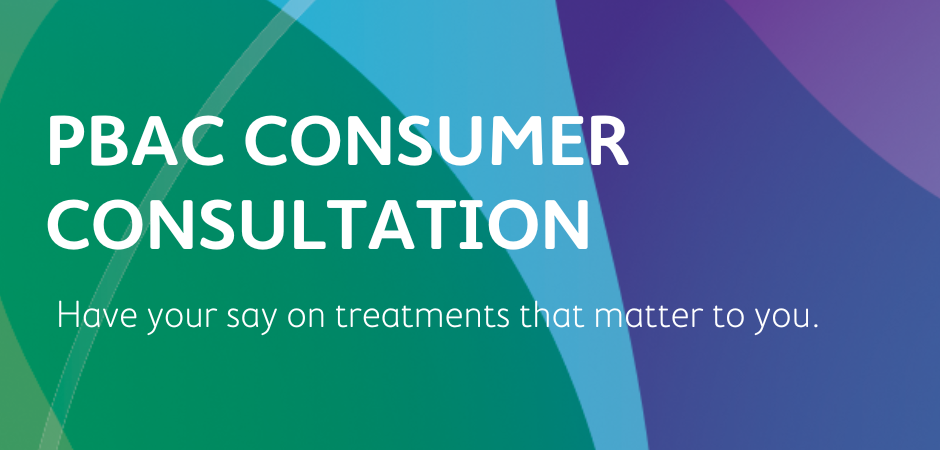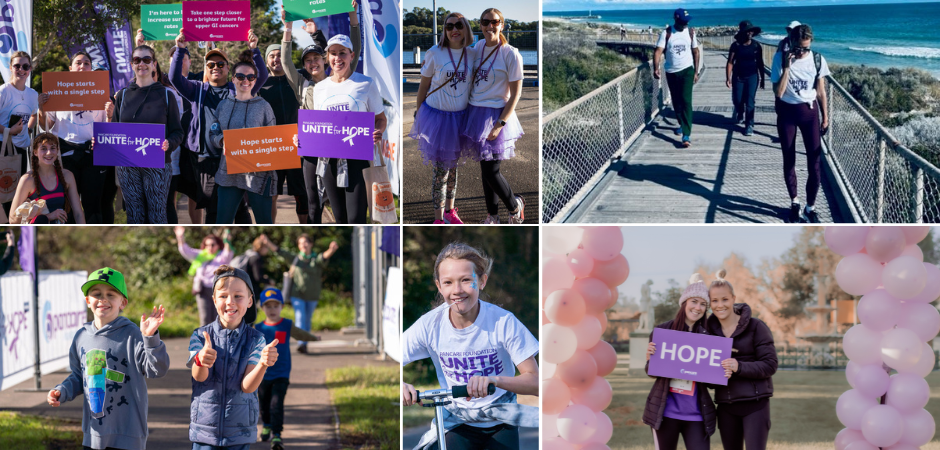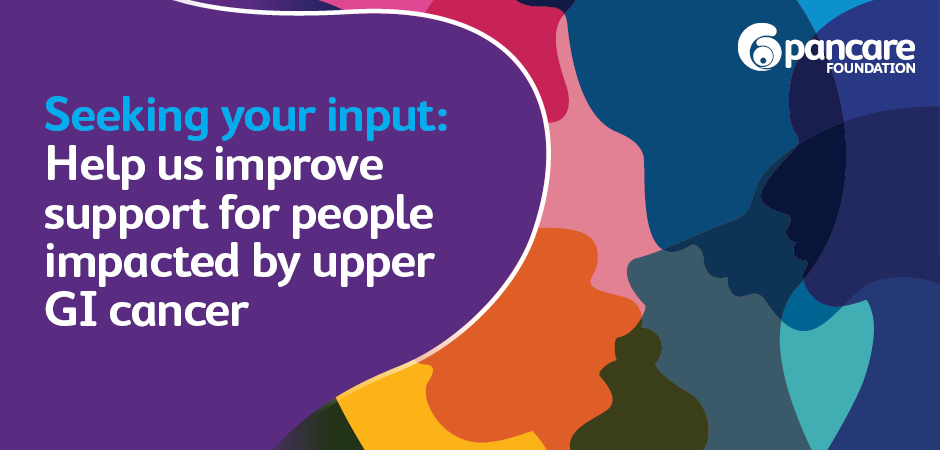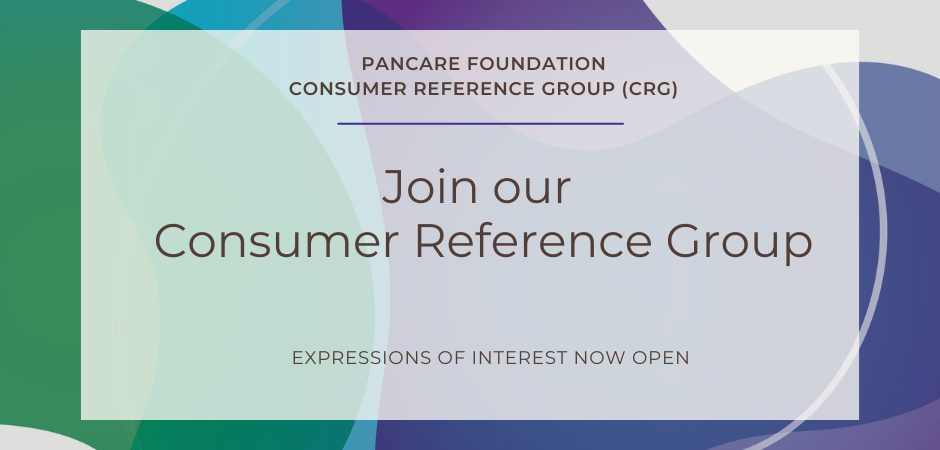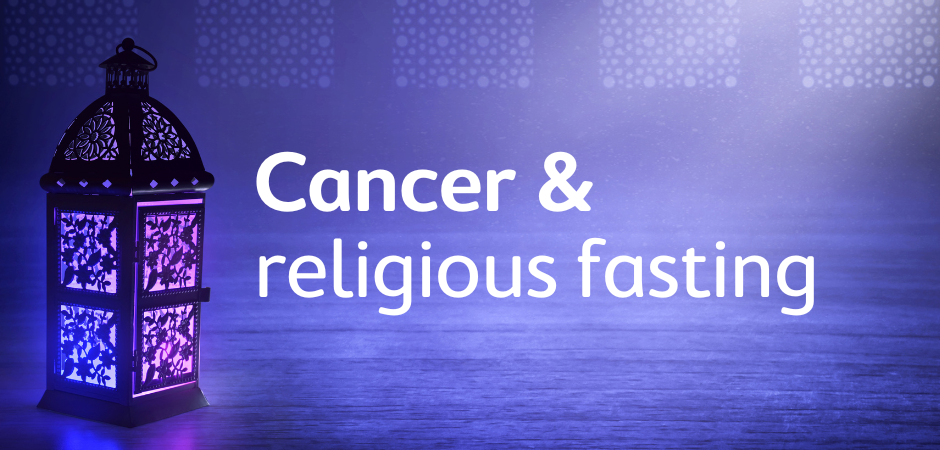
The following content has been provided by Accredited Practicing Dietitian, Lauren Atkins.
If you’re currently undergoing cancer treatment, it’s important to talk to your treatment team or an Accredited Practicing Dietitian first.
We are so fortunate to live in such a multicultural country where we can learn and understand the different cultures and religions that make our country and its people so diverse and unique. For many who follow a religious faith, fasting may be observed at different times of the year.
Lent for Christians, Yom Kippur in the Jewish calendar and the season of Ramadan for Muslims are just a few examples. With Lent and Ramadan just around the corner, it’s important to understand how to navigate fasting if you or a loved one is impacted by cancer.
The act of fasting has the purpose of showing sacrifice, repentance, gratitude and reinforcing one’s connection to their faith, community and loved ones. In many cases, there are exemptions for fasting, often including children who have not reached puberty, the elderly, those who are physically or mentally incapable or unable to fast, pregnant women, breastfeeding mothers and travellers.
For people with a cancer diagnosis and those having cancer treatment, the act of fasting may deprive your body of important nutrients at a time when you need plenty of fluids, energy, protein, vitamins and minerals to help cope with treatment.
While fasting may not be a healthy or safe practice for people with upper gastrointestinal cancer (or any cancer) to undertake, it can be meaningful to find alternative ways to feel and express gratitude, repentance, connection and belonging. You may take time to recite important passages and excerpts relevant to your religion, attend a service at a place of worship, prepare food for those who are fasting, abstain from social media, a television show or something else that demonstrates your commitment to the faith. You could also actively carry out intentional acts of kindness daily or journal your gratitude. Where possible, find a way to stay connected and keep well-nourished and hydrated and speak to your treating team or an Accredited Practising Dietitian with oncology experience if you need any support.
Written by Lauren Atkins
AdvAPD | Co-Director | Senior Oncology Dietitian
OnCore Nutrition
Patient perspectives on cancer and religious fasting
Written by Aida Daoues, pancreatic cancer patient
Ramadan Mubarak!
The greeting every Muslim’s heart bounces on its sound, with joy and hope of God forgiveness. My heart nowadays, bounces not only with joy, but also with worry of not being able to make it.
I had my Whipple surgery in May 2017, one week prior to the start of the holy month of Ramadan. I was definitely not able to fast as I was still recovering from a 15-hour surgery, but I wanted to get better quickly so I could leave the hospital and be with my family, making sure they don’t miss the usual family Iftar, and the joy of breaking fast together.
When I left, my mobility was not as usual, and I was struggling with my diet, pain and digestion. But I tried to focus on attending to my children’s needs and tried to not miss my prayers, even if I had to pray using a chair. I constantly had the thoughts I may not be able to make it to the next Ramadan, and even if I did, I would probably not be able to fast. I was wrong. I made it to 5 more, and I was fine with fasting, thank God. While fasting, I behad the thoughts I may not be able to make it to the next Ramadan, and even if I did, I would probably not be able to fast. I was wrong. I made it to 5 more, and I was fine with fasting, thank God. While fasting, I became more responsible and mindful about healthier eating habits.
Unfortunately, I had a recurrence last year in unusual spot. The new tumour was removed successfully, but it had a repercussion on my left kidney. My kidney is no longer functioning as it normally should, and the doctor advised me not to fast, as the lack of water would affect it even more. I feel sad but I will do my best to still enjoy the spirit of the holy month and not miss the joy of breaking the fast in family and friends when possible, and not to miss my prayers.
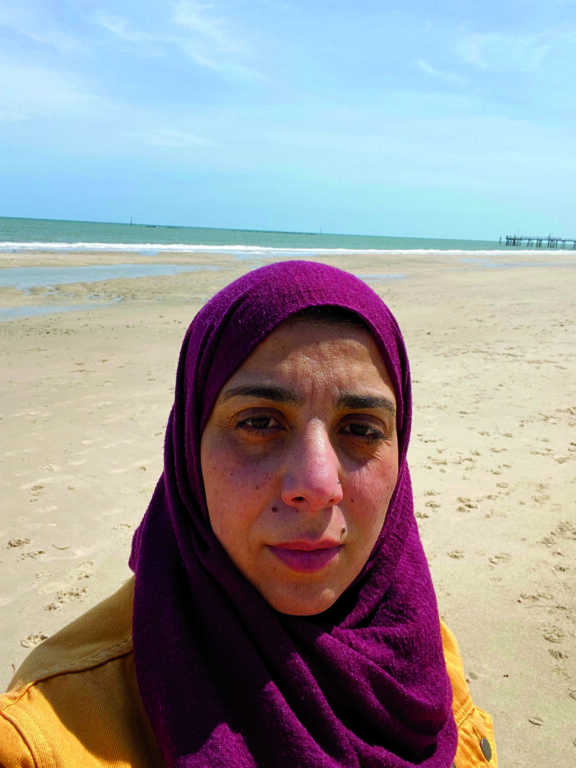
Read more . . .


